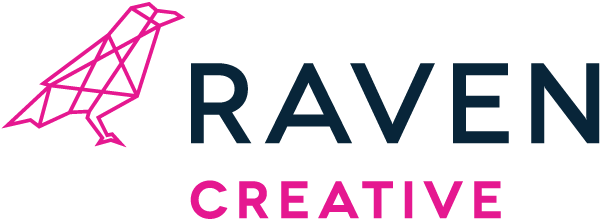The Definitive Guide to
DIGITAL
MARKETING
Answers for (almost) all things digital.
Web Design & SEO
Where does web design fit into digital marketing?
Your business website is arguably the most important piece of your digital marketing strategy. It provides a digital home base, that (when done right) builds valuable, profitable connections with your audience. It should work hard for you and help accomplish your business goals…otherwise it ends up being just a really expensive brochure.
When it comes to web design, we’re team brains AND beauty.
From the perfect balance of white space, to leveraging an effective CTA/contact form one-two punch, every pixel and line of code should be intentional in helping impact your bottom line. It can be hard to wrap our minds around the tech side, let alone the user experience, branding, content and functionality. It’s a big deal, and investing in your website is one of the best things you can do for your business.
Why? Your website is the only place online where you’re in control.
You choose the content, message, and experience your customers have, and you’re the one that gets to change it when the time is right. 20 years ago, websites were signs of forward-thinking companies. Today, an out-of-date website can be a sign of an out-of-touch company. A well-designed site is your place to share your message, uninterrupted, with your customers. The design process takes time, and it’s important that you give it that time so you end up with a site that can work hard as your platform for growth over the next two-five years.
What is Search Engine Optimization (SEO)?
SEO is “the process of getting traffic from the free, organic, editorial or natural search results on search engines,” (Search Engine Land).
Unless you’ve cracked the magical ever-changing algorithm ‘o fun, SEO is one of those areas that there will always be more to learn about. And you’re never done…to stay in the search engine game you must be vigilant about website improvements, linking your site from outside channels and creating quality, relevant content that people are actively searching for. And that is on top of anticipating and preparing for upcoming or continued trends such as voice search and brand as a ranking signal.
Keyword research and use is a huge piece of the SEO puzzle. Here is a breakdown from the American Marketing Association of terminology related to keywords:
- Keyword: A word used in a performing a search.
- Keyword density: Keywords as a percentage of text words that can be indexed.
- Keyword marketing: Placing a marketing message in front of users based on the keywords they are using to search.
- Keyword phrase: Two or more keywords relating to a specific topic.
- Keyword research: The search for keywords related to a website. Analysis of keywords helps determine which ones would yield the best return on a SEO program.
- Keyword stemming: To return to the root or stem of a word and build additional words by adding a prefix or suffix, or using pluralization.
- Keyword stuffing: Generally refers to the act of adding an inordinate number of keyword terms into the HTML or tags of a web page. A big ‘ol Google don’t.
- Keyword targeting: Displaying Pay Per Click search ads on publisher sites across the Web that contain the keywords in a context advertiser's Ad Group.
- Keyword/keyword phrase: A specific word or combination of words that a searcher might type into a search field. Includes generic, category keywords; industry-specific terms; product brands; common misspellings and expanded variations (called Keyword Stemming), or multiple words.
- Keywords tag: A meta-tag used to define the keywords of a webpage for search engines.

